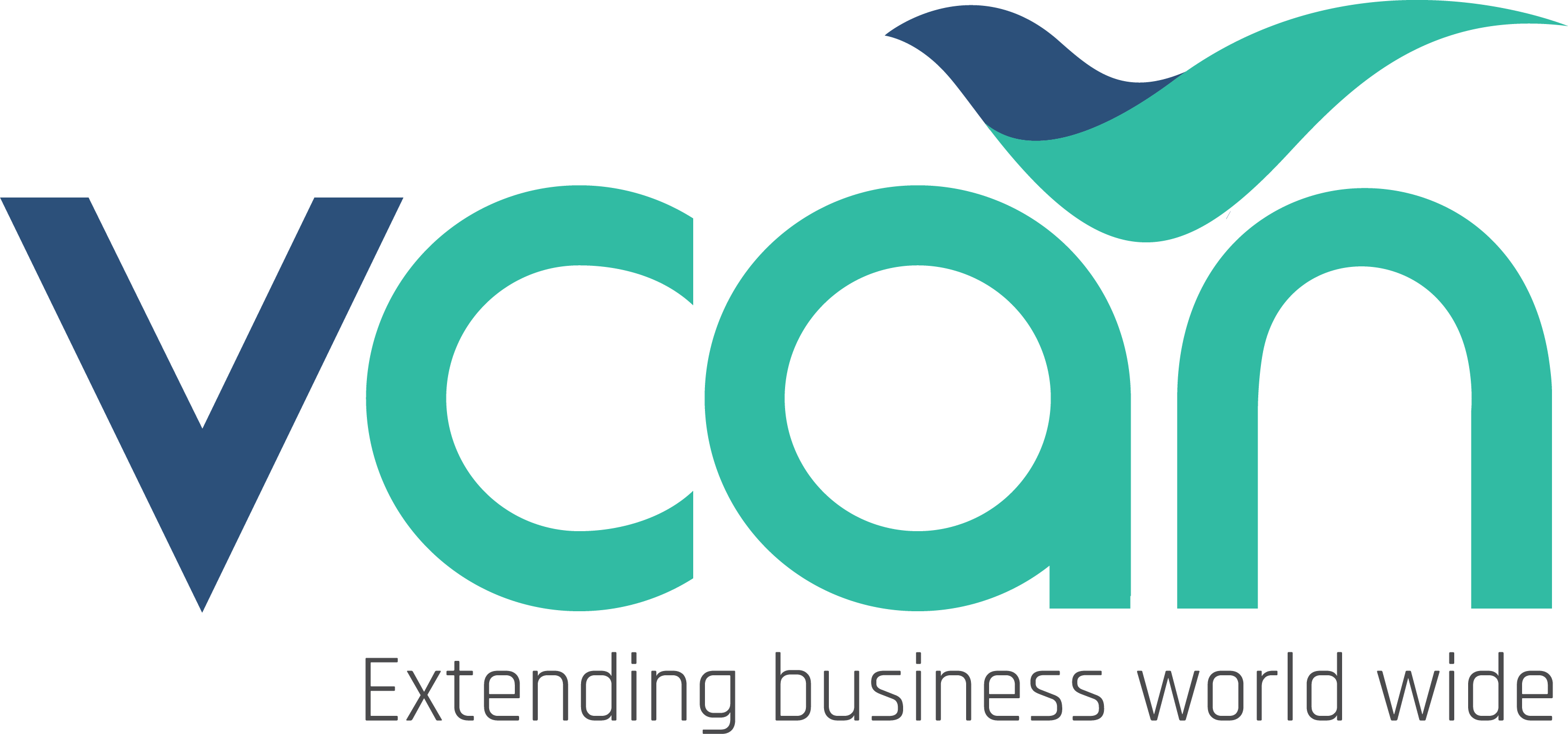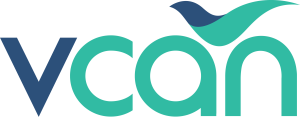ERP solutions are widely used by businesses to enhance efficiency, productivity, and decision-making capabilities.
Smart ERP for Smarter Businesses.
Enterprise Resource Planning (ERP) solutions refer to a suite of integrated software applications that facilitate the management of various business processes within an organization.
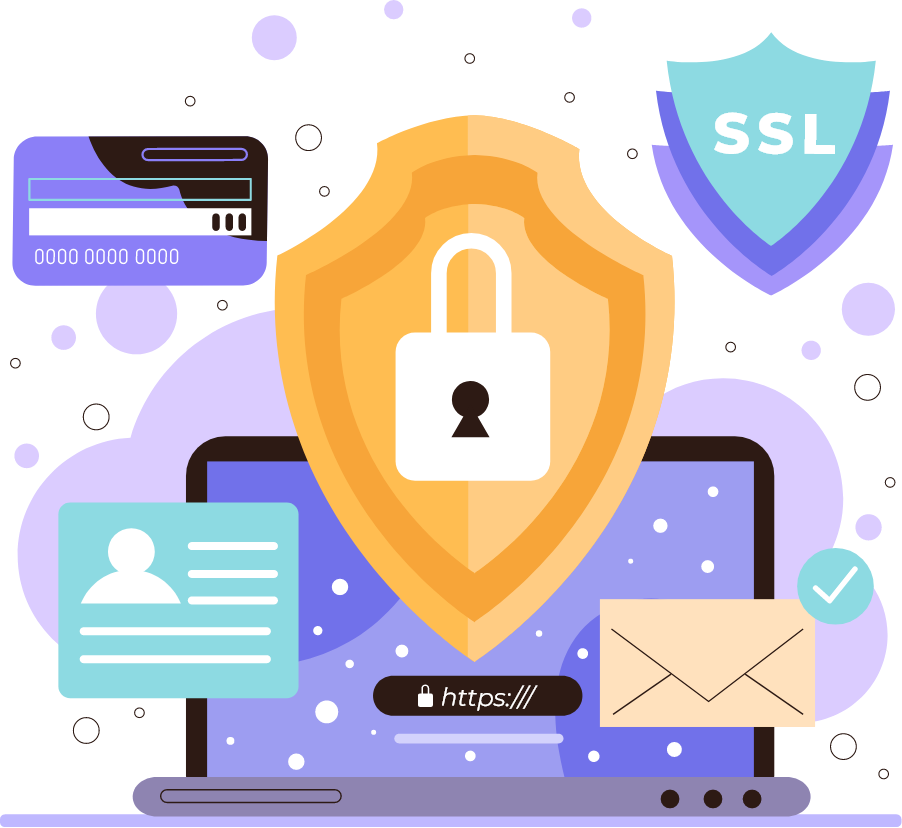
Why choose an ERP solution?
Choosing an ERP solution offers numerous advantages that can significantly benefit a business. Firstly, an ERP system integrates various departments and functions, such as finance, human resources, sales, and inventory management, into a centralized platform. This integration streamlines workflows, eliminates data silos, and ensures consistent and accurate data throughout the organization.
ERP solutions automate repetitive tasks and processes, reducing manual efforts and the risk of errors. This leads to increased operational efficiency, reduced labor costs, and improved productivity, allowing employees to focus on more strategic and value-added activities.
ERP systems provide real-time reporting and analytics, enabling data-driven decision-making. Businesses can access key performance indicators (KPIs) and critical insights, helping them make informed choices and respond promptly to market changes and opportunities.
With CRM components integrated into the ERP system, businesses can enhance their customer service and relationship management. By effectively managing customer interactions and sales leads, companies can improve customer satisfaction, loyalty, and retention.
Why Choose VCANTECH for ERP Solutions?
ERP systems are designed to streamline and automate tasks across different departments, providing a centralized and unified platform for data storage, processing, and reporting.

Integration
ERP software brings together various departments and functions, such as finance, human resources, sales, inventory management, supply chain, manufacturing, customer relationship management (CRM), and more.

Data Centralization
ERP systems store all relevant business data in a single database, eliminating data silos and providing a unified view of information. This ensures data consistency and reduces the chances of data duplication and errors.

Automation
ERP solutions automate repetitive tasks and workflows, reducing manual efforts and the risk of human errors. This leads to increased operational efficiency and cost savings.

Real-time Reporting and Analytics
ERP systems offer robust reporting and analytical capabilities, providing businesses with insights into key performance indicators (KPIs) and enabling data-driven decision-making.

Enhanced Customer Service
With a CRM component integrated into the ERP system, businesses can manage customer interactions more effectively, track sales leads, and provide better customer service.

Inventory Management
ERP solutions help optimize inventory levels, reducing carrying costs and the likelihood of stockouts or overstock situations.

Supply Chain Management
ERP systems assist in managing the supply chain by tracking raw materials, production schedules, and distribution processes, leading to better coordination and cost efficiency.

Regulatory Compliance
ERP solutions often come with features that assist businesses in meeting industry-specific regulatory requirements and standards.

Scalability
ERP systems are designed to accommodate the growing needs of a business, making them suitable for both small enterprises and large multinational corporations.
Types of ERP
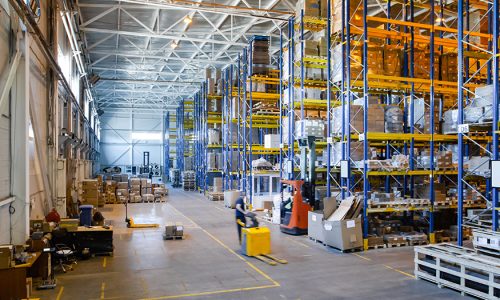
Inventory
Products, Transfers & Traceability
Inventory refers to the stock of goods, raw materials, or finished products that a business holds for the purpose of production, sales, or future use. It is an essential component of many businesses, especially those involved in manufacturing, retail, distribution, and wholesale.

Manufacturing
Assembly, Job Works & Planning
Manufacturing is the process of converting raw materials, components, or parts into finished goods through various production methods and processes. It is a critical sector of the economy and plays a vital role in producing goods that meet consumer demand and support economic growth.

Sales
Manage Inquiries, Quotation & Sales Orders
Sales is a crucial module within an ERP (Enterprise Resource Planning) system, specifically designed to manage and optimize the sales process of a business. This module integrates with other parts of the ERP, such as inventory, customer relationship management (CRM), and finance, to provide a comprehensive view of the sales cycle and customer interactions.
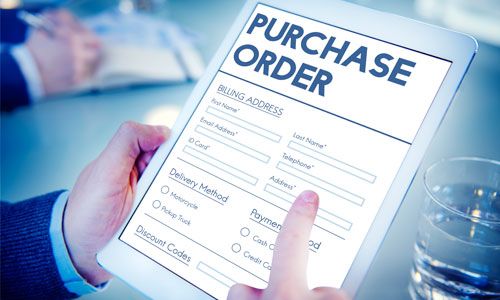
Purchase
Requisitions, Purchase Orders, Receipt Notes
The Purchase module is an essential part of an ERP (Enterprise Resource Planning) system that facilitates the procurement and purchasing processes within a business. It enables organizations to manage their purchasing activities efficiently, from requisition to payment, while ensuring compliance with procurement policies and cost control.
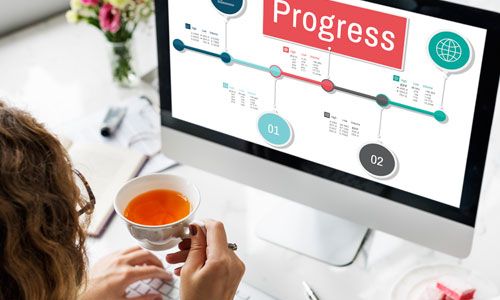
Tasks
Assign, Track & Manage Tasks
In an ERP (Enterprise Resource Planning) system, tasks refer to specific activities or actions that need to be performed as part of different business processes. These tasks are typically associated with various modules within the ERP and are assigned to users or roles within the organization. Task management in ERP helps in organizing, tracking, and completing activities efficiently, ensuring that different business operations run smoothly.
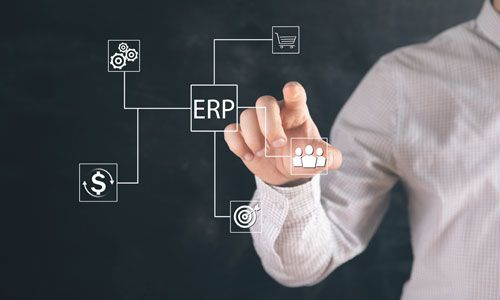
Support
Product Warranty, Support & Ticketing
Support in ERP (Enterprise Resource Planning) refers to the assistance and services provided to users and organizations by the ERP vendor or an authorized support team. ERP support ensures that the system operates smoothly, addresses user issues, and helps organizations maximize the benefits of their ERP investment.

Hospital
OPD, IPD, Surgery Planning & Medical Records
Implementing ERP (Enterprise Resource Planning) in a hospital setting can bring significant benefits to streamline and optimize various operations, ultimately leading to improved patient care, cost-efficiency, and better overall management. The healthcare industry, including hospitals, faces unique challenges such as patient safety, regulatory compliance, resource management, and the need for real-time data access. An ERP system tailored to the healthcare sector can address these challenges effectively.

Accounts
Invoices, Bills, Payments, Budgeting & Taxes
The accounts module in an ERP (Enterprise Resource Planning) system is a critical component that manages financial data and processes within an organization. It is designed to handle various accounting functions and streamline financial management, providing real-time insights into the company’s financial health.
